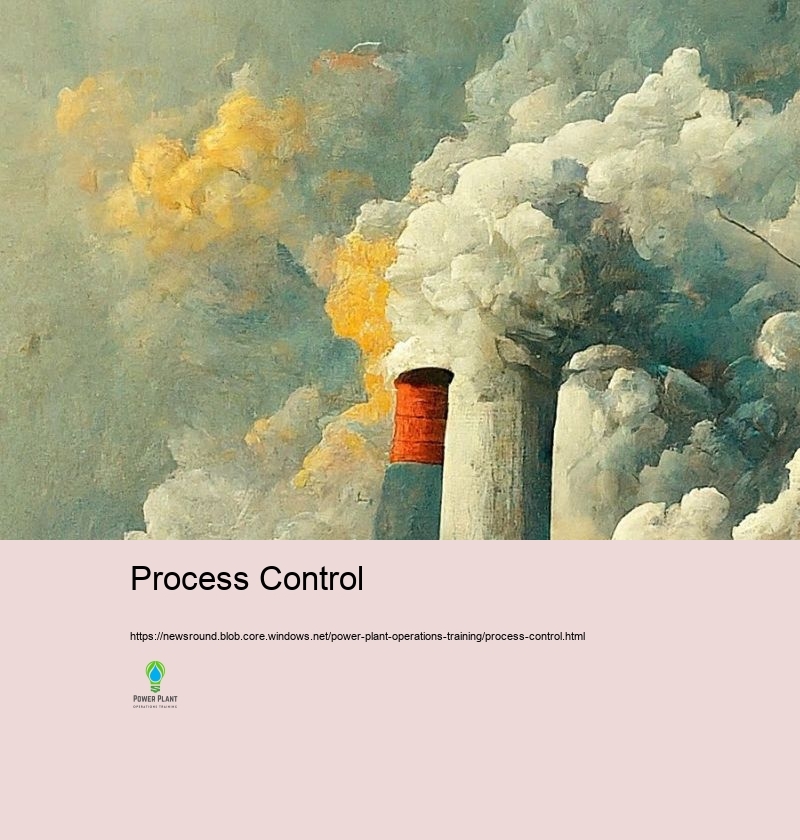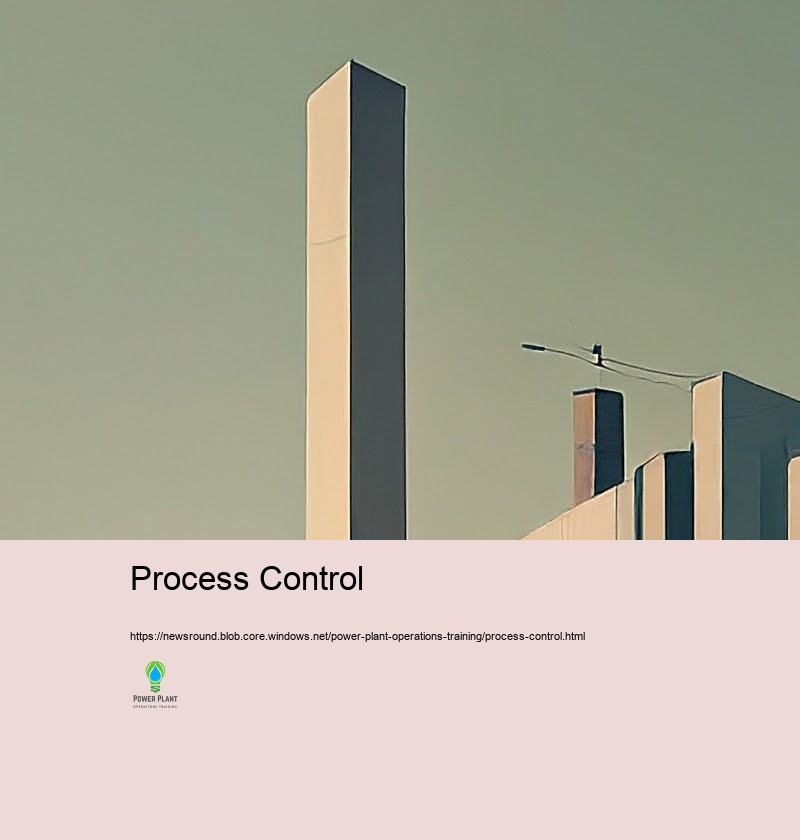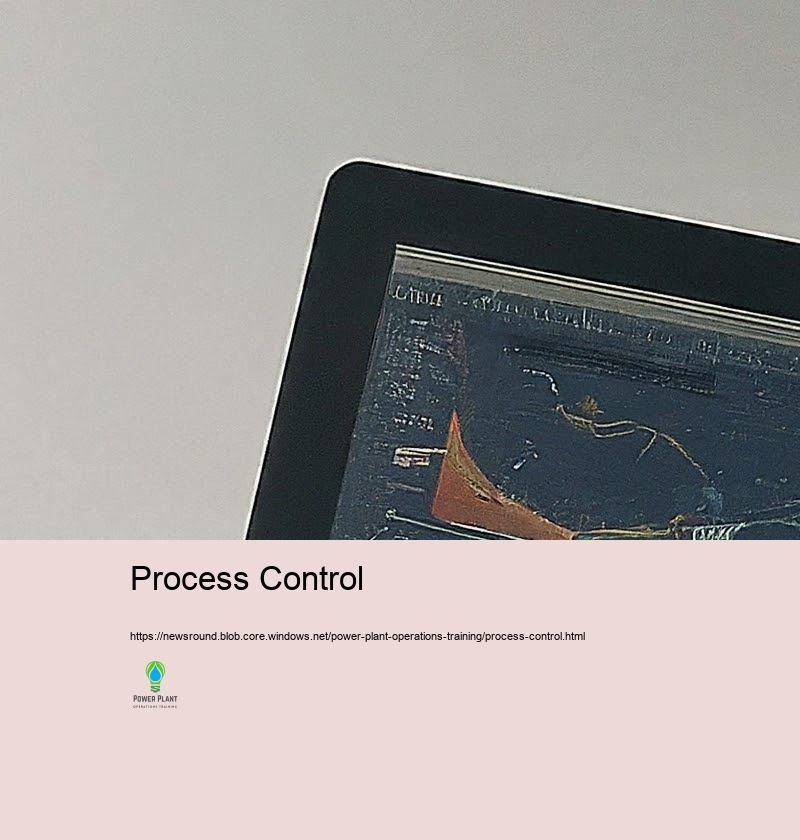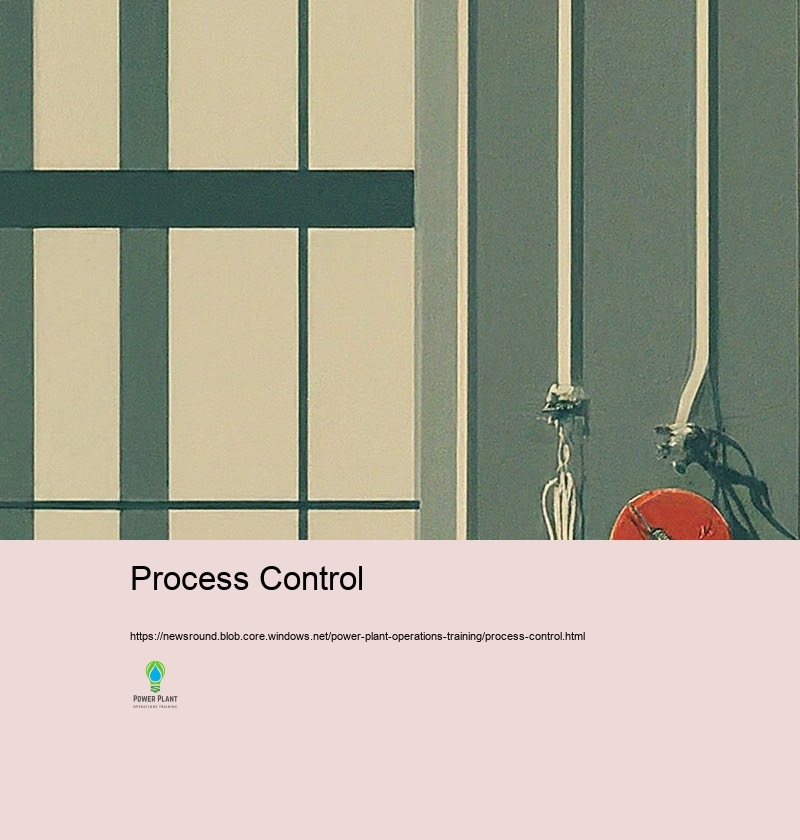Process Control
Renewable Integration Training
Nuclear power plant chauffeurs play an essential role in making certain the reputable and reliable production of electrical energy. Their duties integrate a large range of jobs, from examining complex systems to reacting to emergency situation circumstances. This detailed training review details the needed abilities that power plant drivers demand to produce and maintain to master their roles. Among the essential capacities for nuclear power plant operators is a detailed understanding of power generation concepts. This contains recognizing of different sort of nuclear power plant (e.g., coal, gas, nuclear, hydroelectric, and renewable resource resources) and their particular functional qualities. Operators has to comprehend the fundamental thermodynamic cycles, such as the Rankine cycle for heavy steam nuclear reactor or the Brayton cycle for gas generators. This foundational expertise makes it possible for operators to comprehend the interconnectedness of various plant systems and make enlightened options during procedure. Technical efficiency is another important capability for power plant vehicle drivers. They needs to recognize with the procedure, maintenance, and troubleshooting of a large selection of devices, consisting of wind turbines, generators, central heating boilers, pumps, and electrical systems. This calls for a solid understanding of mechanical, electric, and instrumentation concepts. Operators should have the capability to check out and evaluate technical illustrations, schematics, and operational guidebooks. Hands-on experience with tools repair work and upkeep is vital, as it licenses motorists to rapidly acknowledge and address problems that could establish throughout plant procedure. Effectiveness in control space operations is essential for power plant motorists. This entails recognizing using digital control systems, SCADA (Supervisory Control and Information Acquisition) systems, and numerous security gadgets. Operators needs to have the capacity to evaluate difficult data display screens, trend graphs, and alarm to maintain optimum plant effectiveness. They has to be knowledgeable in making specific changes to plant requirements, such as temperature, pressure, and flow prices, to make sure efficient and safe procedure. Furthermore, experience with dispersed control systems (DCS) and programmable logic controllers (PLCs) is increasingly vital in modern nuclear power plant. Protection understanding and emergency situation activity abilities are vital for nuclear power plant operators. They must have a deep understanding of plant security and security procedures, consisting of lockout/tagout treatments, constrained location gain access to, and individual safety devices (PPE) usage. Operators ought to be fluent in emergency therapies and have the capability to respond quickly and correctly to various conditions, such as gadgets failures, fires, or chemical spills. Regular involvement in safety drills and simulations aids strengthen these crucial abilities. Effective interaction is an important capability for power plant operators. They have to have the ability to plainly and briefly relay information to colleagues, supervisors, and outside stakeholders. This consists of the capability to make up extensive documents, maintain exact logs, and offer clear talked standards throughout shift adjustments or emergency situation scenarios. Excellent interaction capacities additionally consist of energetic listening and the ability to work collaboratively in a team establishing. Analytical and problem-solving capabilities are crucial for nuclear reactor chauffeurs. They should have the ability to promptly evaluate intricate scenarios, determine beginning of issues, and carry out trustworthy solutions. This calls for the ability to assume seriously, pick under anxiety, and focus on tasks effectively. Operators should be educated in troubleshooting many systems and devices, often making use of a mix of technical knowledge, experience, and rational assuming. Process Control Convenience and continual discovering are critical traits for nuclear reactor operators. The power field is constantly advancing, with brand-new advancements, regulations, and operational strategies being offered consistently. Operators ought to agree and able to adjust to these adjustments, accepting new learning possibilities and remaining present with market patterns. This might require joining continuous training programs, going to market meetings, or pursuing extra accreditations. Ecological recognition is becoming gradually crucial for nuclear power plant operators. They should certainly comprehend the ecological affects of power generation and acknowledge with discharges control developments and legislations. Operators play a crucial function in making sure that the plant runs within ecological consistency criteria and must be positive in recognizing possibilities for enhancing ecological effectiveness. Chemical Water Treatment Anxiety monitoring and the ability to keep emphasis throughout extensive changes are vital capacities for nuclear reactor motorists. The job commonly entails prolonged periods of monitoring systems, which requirements regular rate of interest to detail. Operators should have the capability to remain sharp and make sound choices likewise during graveyard shift or in high-pressure scenarios. Creating strategies for managing tiredness and preserving psychological skill is essential for lasting success in this duty. Management and synergy abilities are valuable for nuclear reactor vehicle drivers, specifically as they progress in their jobs. Elderly drivers normally deal with managerial features, managing teams and working with tasks throughout various plant areas. The capacity to mentor junior personnel, delegate work effectively, and foster a positive office contributes to basic plant performance and security. Knowledge with controling conformity is another essential component of a power plant driver capability. They need to have a good understanding of market regulations, including those relating to safety and security, environmental protection, and operational demands. Operators requirements to guarantee that plant operations adhere to these regulations and have the ability to participate in conformity audits and evaluations. Standard computer abilities are progressively critical for nuclear power plant drivers. Beyond the specialized control systems made use of in plant operations, drivers must in shape with standard work environment software program for record creating, info evaluation, and interaction. As plants happened a lot more digitized, the capability to navigate different software applications and data sources ends up being a great deal even more crucial. The feature of a power plant driver needs a varied collection of capabilities that integrate technological knowledge, useful experience, and personal characteristics. By focusing on establishing and enhancing these crucial abilities, operators can warranty safe, effective, and trustworthy power generation. Regular training and professional advancement are essential to grasping these skills and adjusting to the creating demands of the power field. Nuclear power plant drivers who have this thorough capability are well-positioned to master their occupations and add drastically to the important work of powering our globe.





